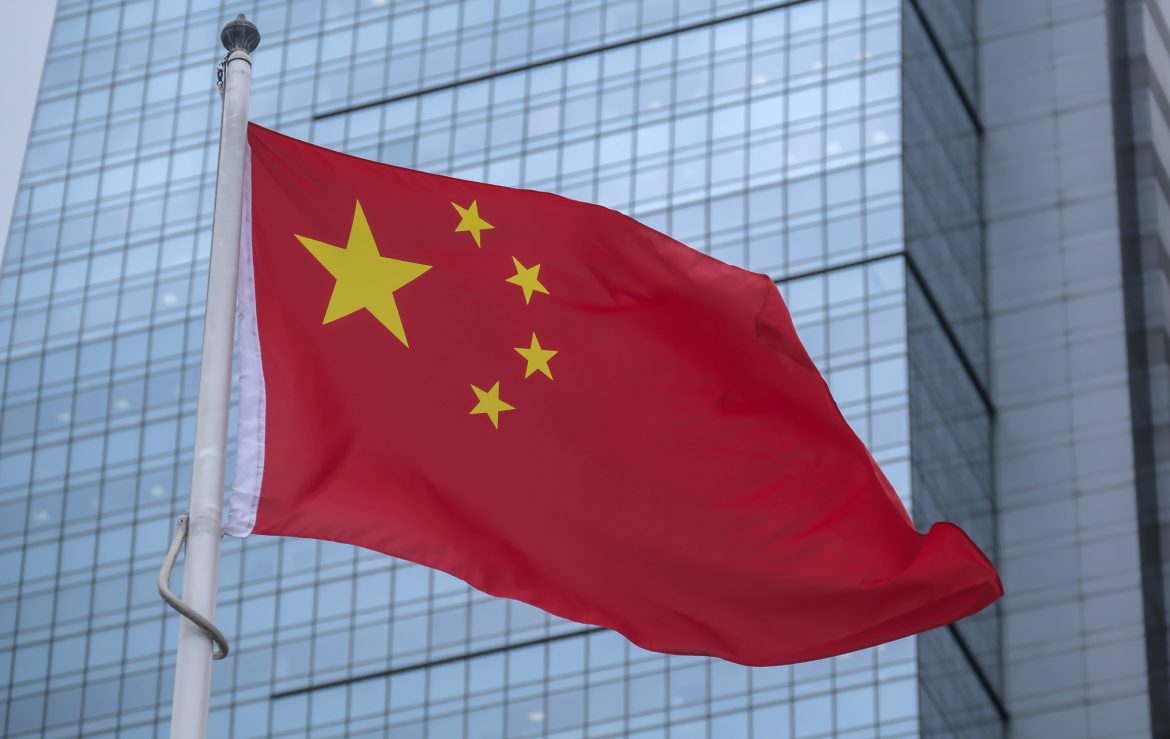China is seeking to regulate generative artificial intelligence by subjecting these tools to “security assessments” to evaluate whether or not their content reflects China’s “core socialist values” and does not undermine national security as giant local tech companies race to design ChatGPT-like tools.
In a list of proposed regulations, the Cyberspace Administration of China said amidst this rush towards so-called generative AI, China wants to regulate this technology and any product based on generative AI must undergo a security audit before being offered to users.
The Cyberspace Administration of China, which published the draft seeking input, did not specify any date for its implementation.
Moreover, the draft states “Content generated by generative artificial intelligence should embody core socialist values, and shall not contain content that subverts the state power”.
This content must also respect intellectual property rights to ensure “the healthy development of generative AI technology and its application per standards.”
Challenges
“The new CAC draft document is one of the strictest measures for generative AI so far,” Andy Chun, adjunct professor at City University of Hong Kong said.
He pointed out that providing a high-performance chatbot that does not deviate from the very strict framework of what is permissible in terms of content is the most important challenge facing developers in China in the artificial intelligence race.
Companies submitting security assessments will need to “be very careful to ensure each data source used for AI learning must be within guidelines, accurate, unbiased, and not infringe on IP rights of others,” he said.
“Ensuring accuracy is hard. No generative AI system to date can do that,” said Chun.
ChatGPT cannot be used in China, but many articles and discussions on social media are talking about it, while major domestic technology companies compete to design equivalent tools in China.
The search engine company Baidu was one of the first Chinese groups to enter the competition followed soon after by the video games company “Tencent” and “Alibaba”.
China at the forefront of AI
Beijing has announced ambitious plans to become a global leader in the field of AI by 2030, which is expected to revolutionize various sectors, including the automotive industry and medicine.
Baidu – which operates the country’s leading search engine – released its own “Ernie Bot” AI chat product in the testing phase last month, which uses Mandarin
and is aimed at the Chinese market
Furthermore, Alibaba’s cloud computing unit unveiled its own product called Tongyi Qianwen (The machine that knows all).
Beijing in January enforced new rules that would require businesses offering deepfake services to obtain the real identities of their users. They also require deepfake content to be appropriately tagged to avoid “any confusion”.












